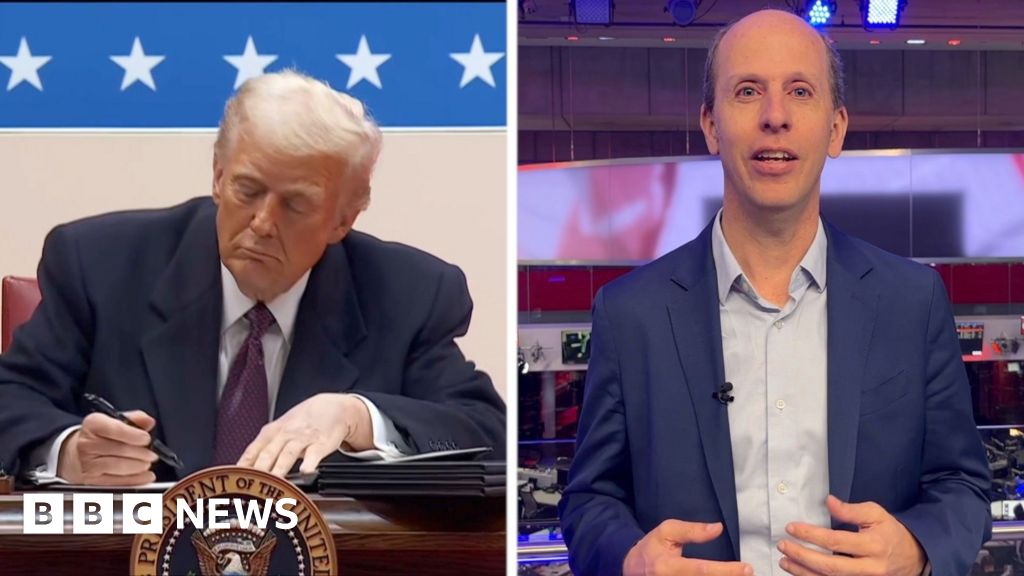Trump Seeks Middle East Triumph: Can Netanyahu's Visit Deliver an Israel-Gaza Peace Deal?

Former U.S. President Donald Trump is facing renewed pressure to demonstrate a significant foreign policy achievement, and he's placing his hopes on brokering a peace deal between Israel and Gaza during a visit from Israeli Prime Minister Benjamin Netanyahu. This pursuit comes on the heels of a controversial decision to authorize strikes against Iran, a move that revealed divisions within Trump's own political base and amplified calls for de-escalation in the region.
The recent escalation in tensions and the ongoing conflict in Gaza have created a complex and volatile situation. Trump, known for his ambitious and often unconventional approach to diplomacy, views a successful peace agreement as a potential legacy-defining moment. However, achieving this goal presents significant challenges, not least of which is the deep-seated mistrust and entrenched positions on both sides of the conflict.
The Iran Strikes and Their Fallout
Trump's decision to authorize the bombing of Iran sent shockwaves through the international community and sparked internal debate within his MAGA (Make America Great Again) base. While some supporters applauded the assertive stance against Iran, others expressed concern about the potential for a wider regional conflict and the economic repercussions of such actions. The strikes highlighted the fragility of the existing geopolitical landscape and the need for a more sustainable resolution to the tensions in the Middle East.
The Urgent Need for a Gaza Ceasefire
The immediate priority is establishing a durable ceasefire in Gaza. The humanitarian crisis in the territory is dire, and continued fighting only exacerbates the suffering of civilians. Trump has reportedly been actively engaged in discussions with both Israeli and Palestinian leaders, urging them to prioritize a cessation of hostilities and to engage in meaningful negotiations.
Is Israel Ready for Peace?
The crucial question remains: is Israel willing to commit to a genuine peace process with Gaza? Prime Minister Netanyahu's government faces its own internal political challenges and has historically been hesitant to make concessions that could be perceived as weakening Israel's security. The dynamics within Netanyahu's coalition, and the upcoming elections in Israel, add further complexity to the situation. A willingness to engage in serious negotiations, backed by concrete actions, is essential for any chance of success.
Trump’s Strategy and Potential Outcomes
Trump’s strategy appears to be leveraging his personal relationship with Netanyahu and his reputation as a dealmaker to push for a breakthrough. He’s likely to emphasize the potential benefits of a peace agreement for both sides, including increased stability, economic prosperity, and improved regional security. However, the path to peace is fraught with obstacles, and the outcome remains highly uncertain.
Whether Trump can successfully navigate these challenges and broker a lasting peace agreement between Israel and Gaza remains to be seen. The visit from Netanyahu represents a critical opportunity to advance the cause of peace, but it will require strong leadership, a willingness to compromise, and a commitment to addressing the underlying issues that fuel the conflict. The world is watching, hoping for a positive and sustainable resolution to this long-standing crisis.





